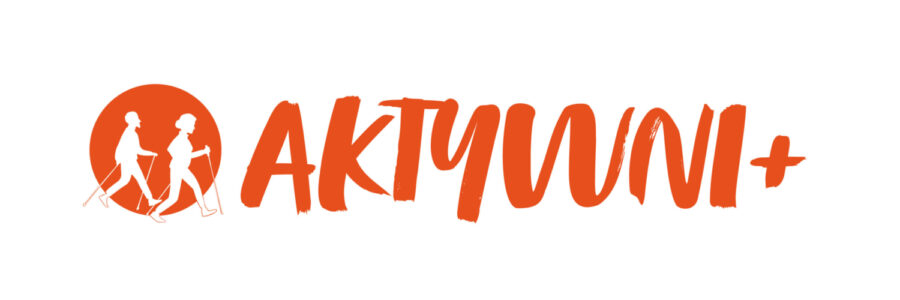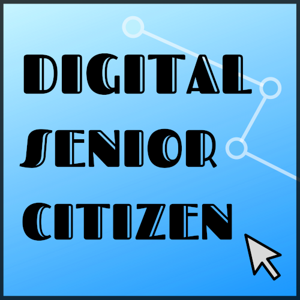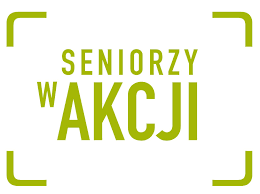AGE Platform Europe is a European network of non-profit organisations of and for people aged 50+, which aims to voice and promote the interests of the 200 million citizens aged 50+ in the European Union (Eurostat, 2018) and to raise awareness on the issues that concern them most.
AGE’s vision encompasses an inclusive society, based on well-being for all, solidarity between generations and full entitlement to enjoy life, participate in and contribute to society. At the same time, each person’s rights and responsibilities throughout their life course have to be fully respected.
The network’s work focus on a wide range of policy areas that impact on older and retired people. These include issues of anti-discrimination, employment of older workers and active ageing, social protection, pension reforms, social inclusion, health, elder abuse, intergenerational solidarity, research, accessibility of public transport and of the build environment, and digital technologies (ICT).
The network members seek to give a voice to older and retired people in the EU policy debates, through the active participation of their representative organisations at EU, national, regional and local levels, and provides a European platform for the exchange of experience and best practices. They furthermore inform older people on their rights as EU citizen or resident and on EU policy making processes and recent EU policy development.
Through the involvement in several EU projects, the network members also seek to promote older people’s participation in the development of projects and devices intended for them (‘user involvement’).
Source: https://www.age-platform.eu
Access date: 01.03.2022



